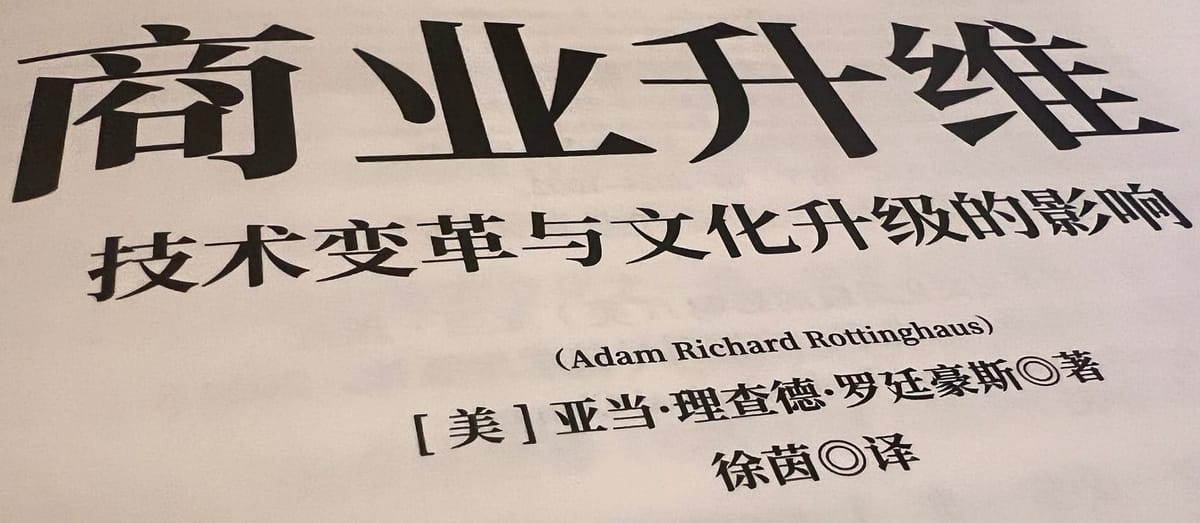Upgrade Culture: Chinese Language Edition

A Chinese language edition Upgrade Culture and Technological Change: The Business of the Future was released in August 2024. Available here.
Excerpt from the preface to the Chinese edition
In the fifteen years since I began researching the consumer technology industry’s particular form of futurism, the global landscape of tech has changed dramatically. In the coming years, the most important change impacting the issues discussed in this book is that Nvidia has replaced Intel as the global leader in microchips because of the emergence of Artificial Intelligence (AI) technologies. The demand for graphics processing units (GPUs), which excel at the parallel processing tasks necessary for AI tools, like ChatGPT, catapulted Nvidia to the top of the industry. As I discuss in chapter 1, Intel specialized in central processing units (CPUs) and defined microchip technology over the last four decades by implementing Moore’s Law as a business model and industry organizing principle. Back in 2008, Intel's $100 billion market cap loomed large in the industry compared to Nvidia’s $6 billion.
Over the last ten years, the antitrust rulings against Intel from the EU, Japan, Korea, and US reduced their control over the industry and companies like Nvidia grew to meet the increasing demand for GPUs from gaming, self-driving cars, and other applications. This growth and the future potential of AI led Forbes to claim in 2016 that Nvidia was “the new Intel” (Tilley, 2016). When I visited Nvidia’s booth at CES in 2018, it was largely forgettable in the chaotic landscape of CES, despite the company winning many awards that year. Even before OpenAI brought widespread attention to AI with the public launch of ChatGPT in November 2022, Nvidia’s $350 billion market cap had grown to roughly triple that of Intel’s. Throughout 2023 industry investors began reprioritizing to meet the intense GPU needs of AI processing, which drove Nvidia’s total valuation to eclipse $2 trillion in February 2024. It remains to be seen whether the pursuit of AI will become a new organizing principle, but some of its most prominent voices are trying to make it so.
Read the full preface to the Chinese language edition published in the Journal of Cultural Economy.
